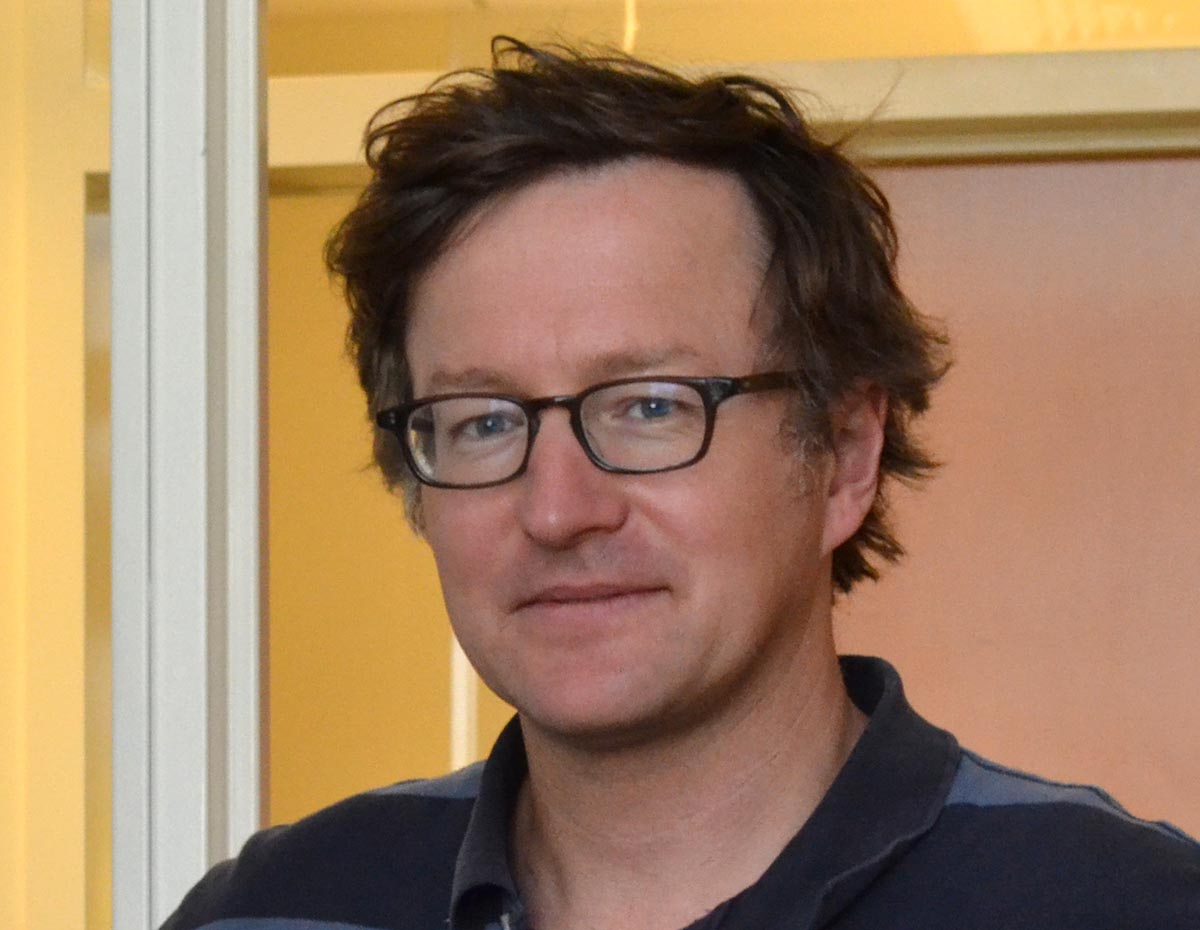Research: Biophysics Theory and Experiments
Research Interests
The complexity of the biological world demonstrates that chance can produce powerful results since evolution is ultimately driven by random mutational events. Numerous aspects of biology, such as genetic diversity, genome architecture or developmental pathways, are difficult to explain without an understanding of the effects of randomness in evolution. A large fraction of our research efforts aim at quantifying the inherently stochastic trajectory of biological systems using methods of statistical physics.
Our research topics extend from the fundamental physics of stochastic reaction-diffusion systems far from equilibrium to explicit models of adaptive evolution in microbial populations that take into account biophysical aspects of biofilm formation. These projects are driven by basic evolutionary puzzles such as “How fast is adaptation?” or “When is evolution driven by survival of the luckiest rather than the fittest?” or "How does co-operative behavior arise in stochastic nonlinear systems?", which are relevant to a host of applied problems such as the emergence of drug resistance, cancer evolution, species invasions or the spread of epidemics. Answering these questions requires an understanding of how population-level phenomena, such as random genetic drift or natural selection, emerge from the stochastic behavior of individuals and their interaction.
Publications
[1] O. Hallatschek, D. S. Fisher. Acceleration of evolutionary spread by long-range dispersal. PNAS, 111(46): E4911-E4919, 2014.
[2] E. Martens, Shashi Thutupalli, Antoine Fourrière and O. Hallatschek. Chimera states in mechanical oscillator networks. PNAS, 110(26):10563-10567, 2013.
[3] R. A. Neher and O. Hallatschek. Genealogies in rapidly adapting populations. PNAS, 110(2): 437-442 , 2013.
[4] O. Hallatschek. The noisy edge of traveling waves. PNAS, 108(5):1783, 2011.
[5] O. Hallatschek, P. Hersen, S. Ramanathan, and D. R. Nelson. Genetic drift at expand- ing frontiers promotes gene segregation. PNAS, 104(50):19926–19930, 2007.
These are selected publications. A complete list of publications can be found here.

